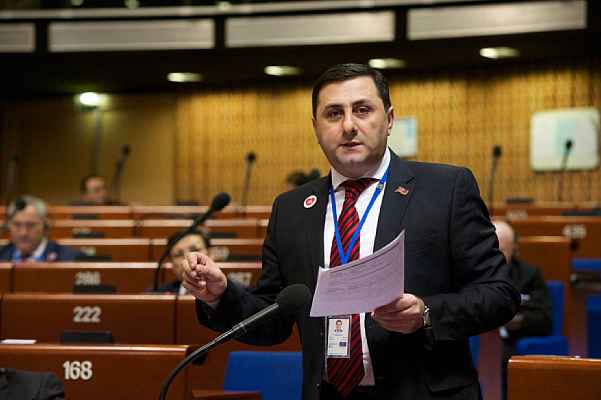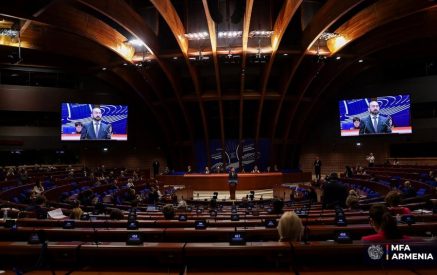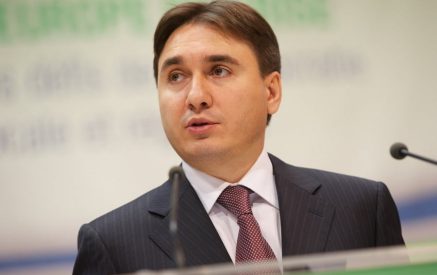Samvel Farmanyan’s statement in Strasbourg during PACE discussion on the situation in Turkey
Turkish democracy has been challenged again on July 15. The military coup d’état was failed this time and much has been said about that bloody night in Turkey. Overthrowing of a democratically elected government through military coup is a devil for any democracy and Turkish people saved the germs of democracy decisively.
However, what happened in Turkey afterwards is a clear drawback from its democratic track and can be coined as “counter-coup”: widespread arrests, illegal punishments, extended detentions and mistreatment of thousands of suspects including journalists and intellectuals, crackdown of media and civil society, witch-hunt in all state institutions across the country, prolonged state of emergency regime etc. The voices claiming reintroduction of death penalty in Turkey is another strong signal to Strasbourg and Brussels.
It could even be argued that there is not much difference what the perpetrators of the military coup did in 1980 and what Erdogan has carried out recently. News coming from Turkey reminds me of horror and nightmare of Stalin era: Millions of people living even in remote villages of Soviet Union were officially accused to be agents of ‘western imperialism’ and were jailed or killed. Today President Ergodan is trying to emulate Stalin putting “Gulen movement” instead of “western imperialism.” Thousands of people are accused to be followers of the so called “Gulen movement” while no one frames it clearly what this movement is about and how hundreds of thousands of people became engaged in this movement in a country where almost everything is controlled by state institutions.
Read also
Whatever Foreing Miniser Chavushoglu said here yesterday, the situation behind the curtains in Turkey is quite obvious: Ergogan is trying to consolidate more power in his hands building an unprecedented autocratic regime and the voiced changes to the Constitution is another prove of that intention. Moreover, increasing engagement in Syria, manipulation over the fight against terrorist organizations within and outside of Turkey, challenging Lausanne Treaty, unwillingness to de-blockade illegally closed border with Armenia and powerful support to Azerbaijan in Nagorno Karabakh peace process are clear signs of his increasing neo-ottoman ambitions putting millions of Syrian refugees in parallel to be political hostages in the hands of Erdogan to blackmail Europe.
Colleagues, discussion of Turkish democracy today means discussion of security in tomorrow’s Europe and in its neighborhood. We are a political body and our response should be political. What else should Erdogan do to push us to put Turkey back on a monitoring track?






















































